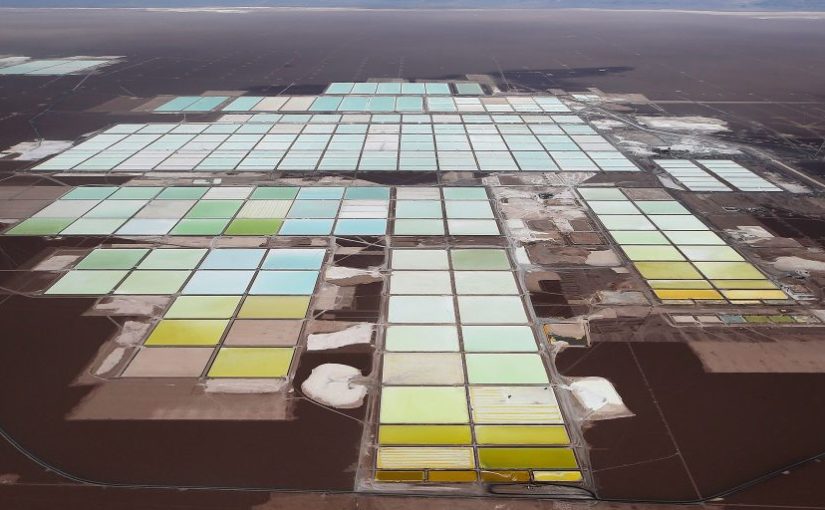Editors Note: This is part of an essay for a University of Oregon Human Geography Class in which I was tasked with following an object and describing its connections behind it.
The Tesla model 3 has the fastest acceleration of any production car in the world. Elon Musk, the celebrity billionaire behind Tesla is constantly in the news grabbing headlines. However, the popular press often overlooks the global institutional and political battle emerging over the lithium mines.
As demand continues to grow for electric vehicles, lithium is becoming increasingly scarce and, as a result, prices are beginning to rise (Fernández 2016). Emerging and existing superpowers such as China and the United States are preparing for what they predict to be the next major move in energy by buying or securing access to mines in other countries. The spheres of influence of these two superpowers are proving to greatly affect the geopolitical outcomes made by countries where these mines are located. The emerging diplomatic and economic tensions affect the geopolitics of lithium extraction. If lithium follows the historical pattern of other highly demanded resources it will result in the exertion of hard power by China in order to gain more access and possible control of strategically important resources such as lithium. This will be proven by a case study of how the Chinese government is using a program called the One Belt One Road Initiative to exert hard power in order to gain access of lithium mines. We will also explore China’s growing sphere of influence in the region due to recent land grabs.
